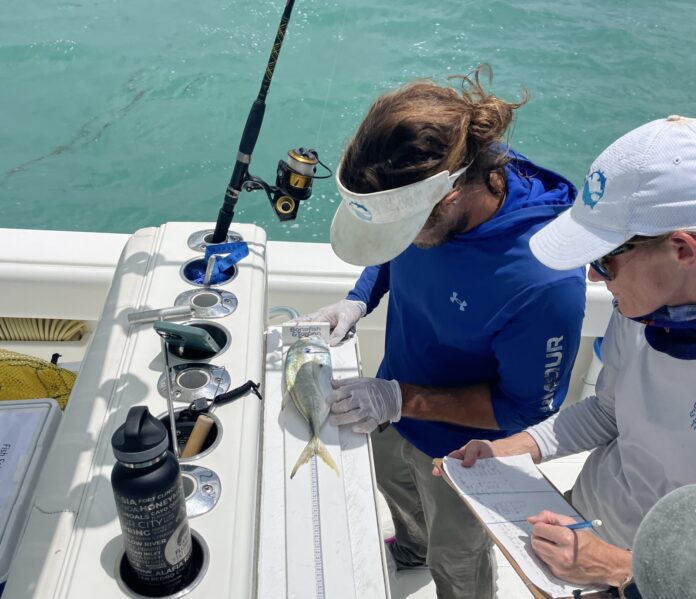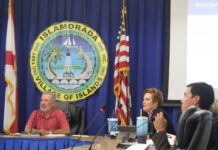
After a year in which “spinning” fish in the Florida Keys earned national headlines, there is some promising news: Reports of spinning fish are down this winter compared to last year. However, the underlying cause remains under investigation by Bonefish Tarpon Trust (BTT) and partners.
Since fall 2023, many fish species in the Florida Keys have exhibited abnormal “spinning” behavior, losing equilibrium and swimming erratically. The phenomenon has affected more than 80 species, including the endangered smalltooth sawfish.
In response, BTT, in collaboration with the Lower Keys Guides Association (LKGA), launched a research initiative in January 2025 funded by $1.75 million awarded to BTT by the state through the Florida Fish and Wildlife Conservation Commission (FWC). This funding supplements existing resources and allows BTT to expand its ongoing research into the causes of spinning fish, a project that began more than a year ago.
The initiative brings together an interdisciplinary team of experts from Florida International University, Florida State University, the University of South Alabama, Florida Gulf Coast University, the Florida Department of Environmental Protection and FWC.
“This critical research to understand the unprecedented ‘spinning fish’ phenomenon and its impact on Florida’s fisheries is only possible because of the generous support from the Florida Legislature,” said Jim McDuffie, BTT president and CEO. “The unwavering commitment of our partners is also essential as we work together to piece together the complex puzzle of what is causing this issue.”
Thanks to this funding, researchers are better equipped to understand the causes and scale of the event. BTT and its partners are using a variety of approaches to investigate the phenomenon. Areas of study include neurotoxins that may have contributed to abnormal behaviors and mortalities, harmful algae that produce neurotoxins, mapping of habitats that support harmful algae, fish and invertebrate community impacts, and animal movements and exposure to neurotoxins.
While the research is ongoing, initial findings strongly suggest a link between elevated levels of Gambierdiscus algae and the spinning fish phenomenon. Researchers have found evidence of the potent neurotoxins produced by this algae in affected fish tissues and water samples.
This research is helping BTT and partners gain a deeper understanding about the issue. The work is critical for not only identifying the cause of the spinning fish phenomenon but also for developing science-based recommendations to mitigate future impacts on the Florida Keys’ ecosystem.
BTT is also working closely with local fishing guides, leveraging their on-the-water knowledge through a rapid response network to track the spread and intensity of the phenomenon. This enables BTT to quickly identify affected areas and collect fish and water samples for testing.
BTT encourages the public to report any unusual fish behavior to FWC or LKGA, or call 844-4-SAWFISH. Public reports have been an essential resource for investigations into this event.



















